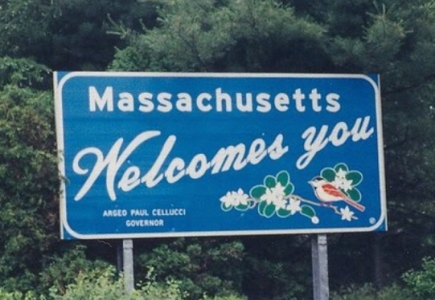
It has been reported this week that the Massachusetts House of Assembly is to mull the possibility of selling state lottery tickets online and by credit card, which according to the proposal supporters could represent a significant boost for the cash-strapped state coffers, increasing sales by 10 percent to 25 percent, and potentially raising another $1 billion a year.
The proposal has received support from online gambling's arch-advocates, Democrat Barney Frank, who assessed: “I don't understand why liberals think they're supposed to tell people not to gamble. They favor gay marriage, legalization of marijuana and sex-oriented literature, but not gambling. It's totally inconsistent. It's wrong for state and federal government to make betting a crime. . . . I am in favor of people being able to gamble online.”
John Regan, chief of staff for state Sen. Michael Rush, who introduced the measure specified: “The idea behind it is to increase Lottery sales and generate more revenues for the commonwealth. Other states are doing it, and the senator thought it would be best to do a pilot program to see how much could be raised.”
According to him, the revenues generated by up to 60,000 Bay State residents that take part in unregulated Internet gambling, amounting to as much as $250,000 daily, could fall into the Lottery's hands: “The Lottery can capture these revenues by offering (what) the online gaming residents want along with the transparent regulation that offshore regulators lack.”
On the other hand, executive director of the Massachusetts Municipal Association, Geoff Beckwith said he's cautiously optimistic about the online plan but wants to move slowly “because the Lottery is such a source of revenue for cities and towns, we want to make sure that any changes are done carefully.”
Yet, there are also some who oppose the proposal, such as State Treasurer Steve Grossman, who stated: “Allowing credit card payments without careful analysis of the consequences could very easily exacerbate problem gambling across the state.”
Another opposition stands in shape of convenience store lottery ticket retailers, who believe that online lottery sales will be bad for their businesses.
Some other states, such as New York, Minnesota, Virginia, Maryland and North Dakota currently sell lottery tickets online, thanks to carve-outs in federal legislation for state lotteries, fantasy sports and horseracing.
Your feedback
Please enter your comment.
Your comment is added.









